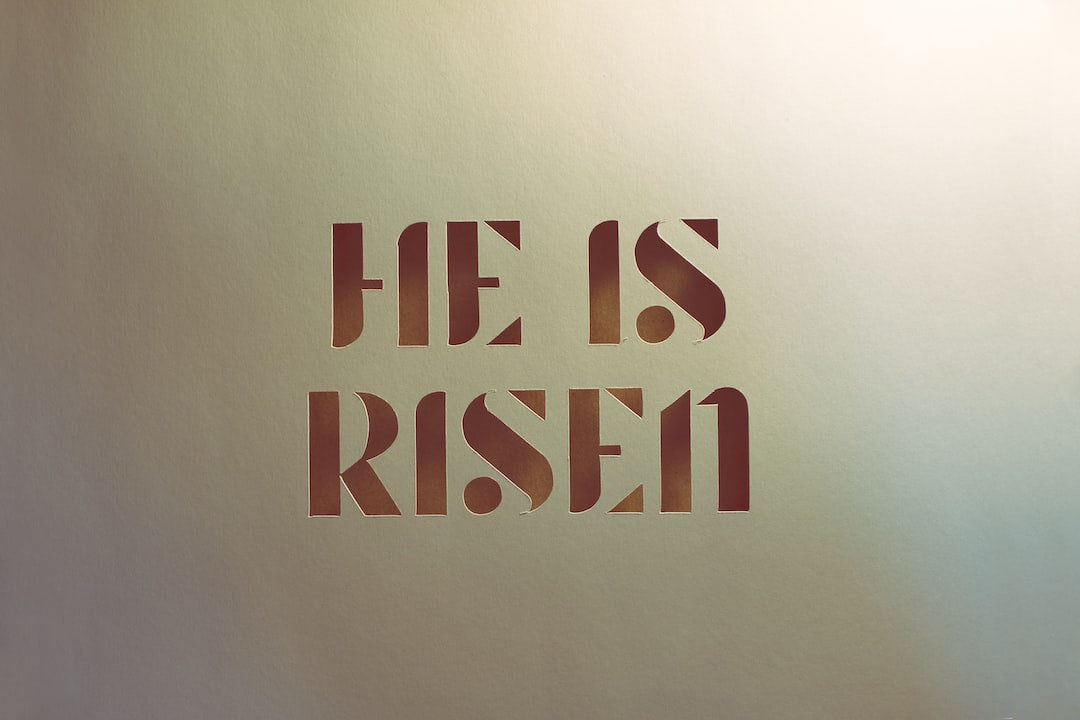Understanding the Role of Mythology in Religion
Mythology has played a significant role in shaping and influencing several ancient and contemporary religions around the world. Often considered a collection of stories or narratives that explain the origins of human existence, natural phenomena, and the moral guidelines for human behavior, mythology provides a framework for believers to comprehend and interpret their religious traditions. In this blog post, we will explore the multifaceted role of mythology in religion, highlighting its function as a tool for explanation, morality, and inspiration.
First and foremost, mythology serves as an explanatory device, helping believers to make sense of the mysteries and complexities of the world around them. Ancient civilizations and societies lacked a scientific understanding of natural phenomena, such as the changing seasons, the movement of celestial bodies, and the formation of geographical features. Mythology stepped in to bridge this gap in knowledge, offering allegorical stories that personified these natural occurrences. For instance, Greek mythology provides an explanation of the changing seasons through the tale of Persephone being abducted by Hades and her subsequent return, representing the cycles of life and death. Similarly, Hindu mythology tells the story of Lord Rama’s journey to rescue his wife Sita from the demon king Ravana, symbolizing the triumph of good over evil. In this way, mythology provides a lens through which believers can comprehend the world and their place within it.
Moreover, mythological narratives often contain moral and ethical teachings, establishing a code of conduct for individuals within a religious community. By presenting exemplary characters and the consequences of their actions, mythology offers lessons in morality and guides believers toward virtuous behavior. For instance, in Norse mythology, the story of Odin’s self-sacrifice to gain wisdom highlights the importance of knowledge and personal growth. Likewise, the story of the Buddha’s enlightenment in Buddhism serves as a moral compass, emphasizing the significance of compassion and overcoming suffering. By grounding ethical teachings in compelling narratives, mythology not only promotes adherence to religious doctrines but also fosters a sense of shared values and community identity.
Furthermore, mythology serves as a source of inspiration and spiritual guidance for religious practitioners. The archetypal figures and heroic journeys depicted in myths often resonate with the human experience and act as sources of motivation and hope. For example, the story of Moses leading the Israelites out of slavery in the Hebrew Bible inspires believers to persevere through adversity and strive for liberation. Similarly, the legend of the phoenix rising from the ashes in various mythologies symbolizes resilience and the potential for rebirth, offering solace and renewed faith during challenging times. These mythological narratives provide believers with a sense of purpose, comfort, and transcendence, allowing them to connect to something greater than themselves.
However, it is crucial to acknowledge that mythology is not confined to ancient religions alone. Even contemporary religious traditions have their own mythologies, rooted in historical events, religious texts, and the lives of revered figures. The narratives and symbols within these modern mythologies continue to shape the religious experiences and practices of believers today. Furthermore, mythology is a dynamic aspect of religion that evolves and adapts over time, reflecting the changing beliefs, values, and cultural contexts of religious communities.
In conclusion, mythology plays a multifaceted role in religion, functioning as a tool for explanation, morality, and inspiration. Across cultures and throughout history, mythology has provided believers with a framework to understand the world, ethical guidelines for behavior, and stories to spark spiritual growth. It continues to shape religious traditions and provide believers with a sense of identity, purpose, and connection to the divine. Thus, understanding the role of mythology in religion is crucial to appreciating the richness and complexity of religious beliefs and practices worldwide.

